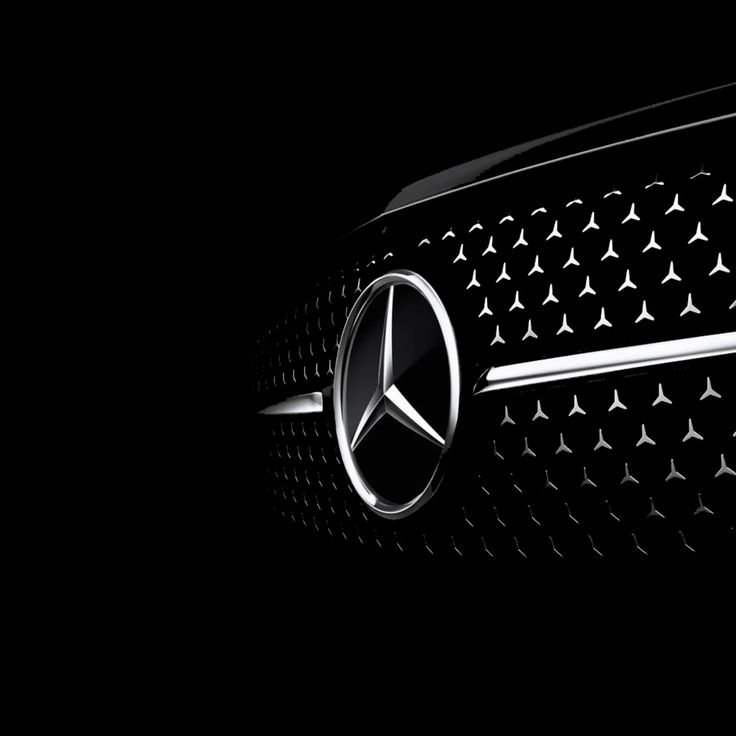
BYD, China’s leading electric vehicle (EV) manufacturer, actively explores the establishment of a third assembly plant in Europe. Germany has emerged as a potential location for this significant investment. BYD aims to strengthen its presence in the European automotive market, especially in the fast-growing EV sector.
BYD’s European Expansion Strategy
BYD consistently expands its footprint in Europe to meet the increasing demand for electric vehicles. The company is already constructing two significant manufacturing facilities, one in Szeged, Hungary, and another in Izmir, Turkey. These plants are on track to commence operations by October 2025 and March 2026, respectively. Combined, they will offer an annual production capacity of 500,000 vehicles.
This move aligns with BYD’s broader objective to localize production. By doing so, the company seeks to mitigate the impact of import tariffs and enhance its competitiveness in the European market. Local production also helps reduce logistical complexities and enables BYD to respond more swiftly to market demands and regulatory changes within the region.
Germany as a Potential Location
Germany’s status as Europe’s largest automotive market makes it an attractive prospect for BYD’s third plant. The country boasts a well-established automotive infrastructure, a highly skilled workforce, and robust supply chain networks. These factors offer substantial advantages for any automotive manufacturer.
However, BYD must also weigh the challenges that come with setting up operations in Germany. High labor and energy costs, coupled with complex regulatory requirements, pose potential obstacles. Despite these concerns, Germany’s opposition to the European Union’s proposed tariffs on Chinese-made EVs could indicate a more favorable investment climate. This position may reflect a strategic interest in attracting foreign investment and strengthening economic ties, further positioning Germany as an appealing location for BYD’s expansion.
Navigating Trade Policies and Tariffs
The European Union has introduced increased tariffs on Chinese electric vehicles, aiming to address concerns over state subsidies that could distort market competition. These tariffs vary by manufacturer and seek to protect European industries and jobs from the impact of underpriced imports.
Establishing manufacturing facilities within Europe offers BYD a strategic solution to these trade barriers. Local production allows the company to avoid additional costs associated with import duties. Moreover, it demonstrates BYD’s commitment to the European market, fostering stronger relationships with consumers and policymakers. This localized approach could further boost BYD’s competitive edge and market share in Europe.
Strategic Timing and Decision-Making
BYD plans to finalize its decision regarding the third European plant within the next 18 to 24 months. This timeline enables the company to monitor the performance of its existing plants in Hungary and Turkey, assess market dynamics, and consider evolving regulatory landscapes. A careful and strategic approach ensures that BYD’s expansion aligns with its operational capabilities and market opportunities.
During this evaluation period, BYD will analyze consumer preferences, supply chain efficiencies, and potential partnerships. The company also aims to engage with local governments and industry stakeholders to ensure regulatory compliance and community support. This deliberate decision-making process reflects BYD’s commitment to long-term success in the European market.
Implications for the European Automotive Landscape
BYD’s potential establishment of a manufacturing plant in Germany signifies a notable shift in the European automotive industry. This development highlights the increasing globalization of the EV market and the entry of new competitors who challenge traditional European automakers. Such competition could stimulate innovation, drive competitiveness, and accelerate the adoption of electric vehicles across the continent.
Moreover, BYD’s investment could create thousands of job opportunities and stimulate local economies. It could also strengthen Germany’s position as a leading hub for automotive production, particularly in the EV sector. The presence of a major Chinese automaker in Germany would underline the global nature of the automotive industry and encourage further cross-border collaborations and investments.
Conclusion
BYD’s consideration of a third European assembly plant, with Germany as a potential location, underscores the company’s strategic efforts to solidify its position in the European EV market. By localizing production, BYD aims to navigate trade barriers, enhance competitiveness, and meet the growing demand for electric vehicles in Europe.
The company’s methodical approach ensures that its expansion aligns with market dynamics and regulatory environments. As BYD deliberates this significant move, the European automotive landscape stands on the brink of transformation, driven by the dynamic interplay of global manufacturers and evolving consumer demands. BYD’s expansion could reshape the future of the European automotive sector, bringing new opportunities and challenges in equal measure.





